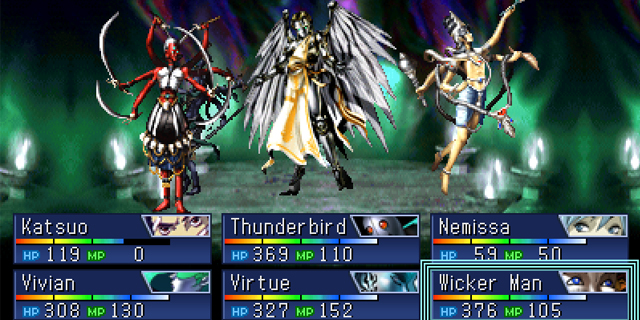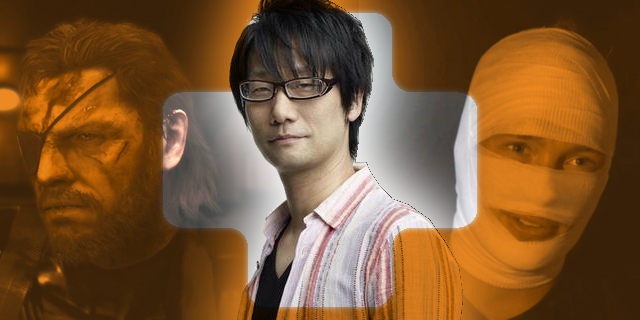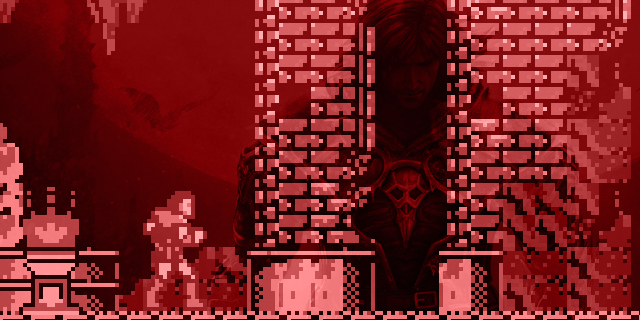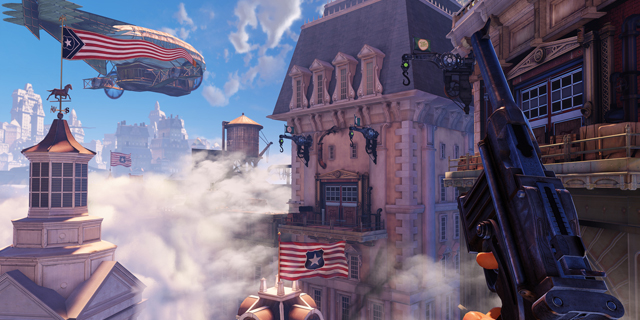
If you’ve been reading this column for a while, it’s painfully obvious how much I care about player agency in games. From meaningful gameplay choices to moral choices (especially those that don’t just skew black and white), I’m all about games that allow the player to insert themselves (or some part of themselves) into the experience. Whether it’s creating a character or simply choosing between blue and red during pivotal story scenes, I find our implementation of choices to be one of the coolest things the gaming industry has focused more on in the past five or so years. READ MORE

The Shin Megami Tensei series is one of the longest lasting JRPG franchises around, complete with several main games and a slew of popular spin-offs. While these titles have been around since the days of the NES, they never really found their way to North America until the late ’90s and eventually became more recognized with the release of Shin Megami Tensei: Nocturne. Several years (and games) later, Atlus has revived one of the most beloved games in the venerable franchise, Devil Summoner: Soul Hackers, and brought it to an English speaking audience for the first time.
While Soul Hackers probably won’t attract anyone who isn’t already familiar with the Shin Megami Tensei-style of RPG, it does a fine job of reminding those acquainted with its mature brand of role-playing what makes the series so special to begin with.
READ MORE

During a recent interview with Geoff Keighley, Metal Gear creator Hideo Kojima discussed his reasoning behind the promotional campaign for The Phantom Pain, now officially known as Metal Gear Solid V. He did this to essentially get people actively chattering and deciphering the many mysteries behind The Phantom Pain and the then-unknown game developer, Moby Dick Studio.
While the secret behind this charade was pieced together rather quickly, it still led to many interesting and entertaining discussions that I truly missed getting involved with. It shows that developers like Kojima know exactly what they need to do in order to get people talking, and just how much fun it can be to speculate.
READ MORE

Welcome to From Pixels to Polygons, where we examine classic game franchises that have survived the long transition from the 8- or 16-bit era to the current console generation. We’ll be discussing the past and present of each series, while also giving our take on what we consider to be the franchise’s peak. To celebrate the recent release of Castlevania: Lords of Shadow: Mirror of Fate, we thought it would be best to start with a true classic: Castlevania.
READ MORE

There are some games that have come along this console generation that will stand the test of time. They will be fondly remembered and analyzed for years to come, even with some flaws. The number of titles that meet this criteria are not large in number, but they come around just often enough and help people realize why they love games in the first place. The original BioShock is the perfect example of this, setting the groundwork for a potential franchise and becoming one of the most revered games in the past several years.
Irrational Games’ follow-up, BioShock Infinite, doesn’t just live up to that legend. It surpasses it.
READ MORE
























